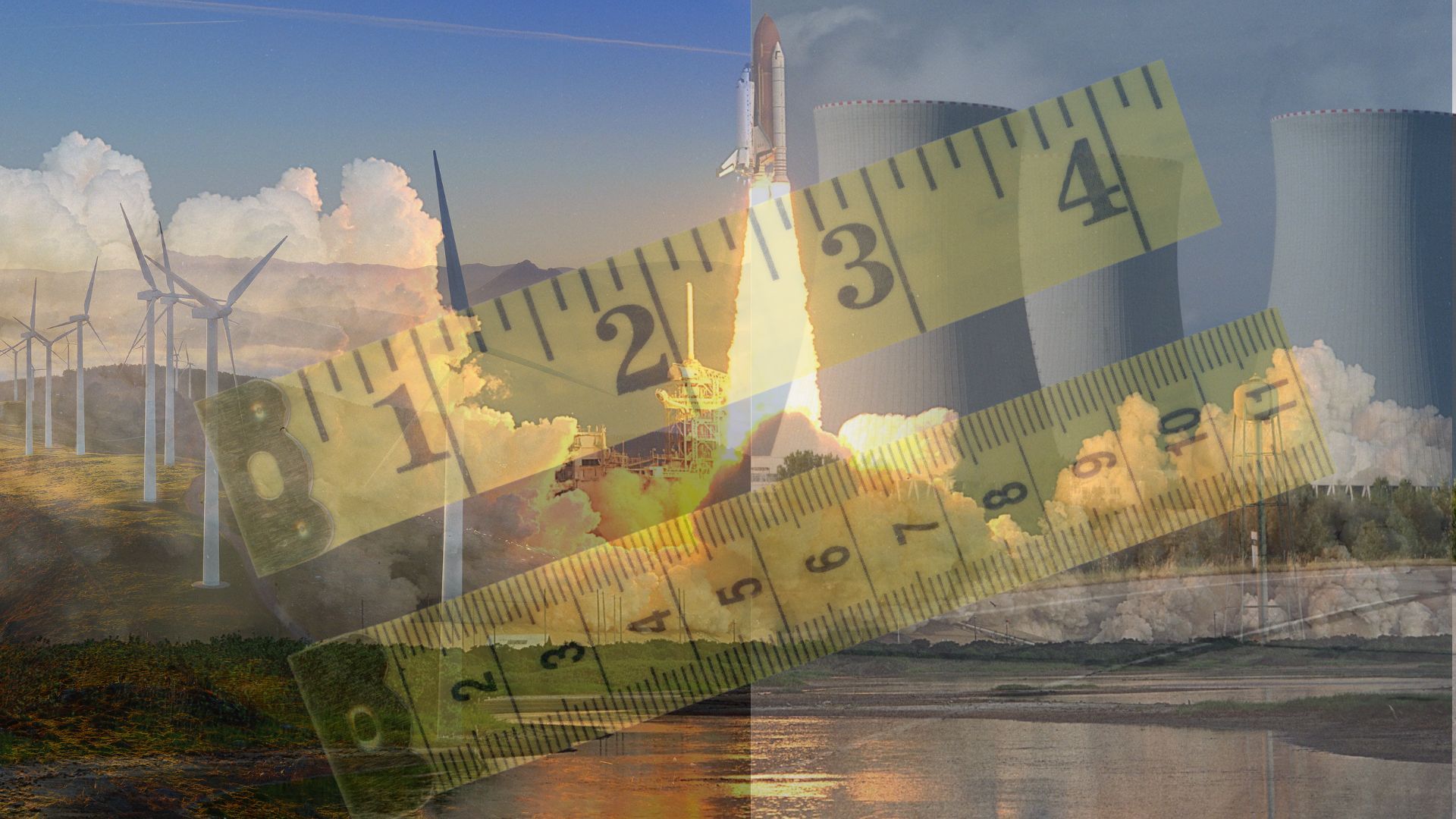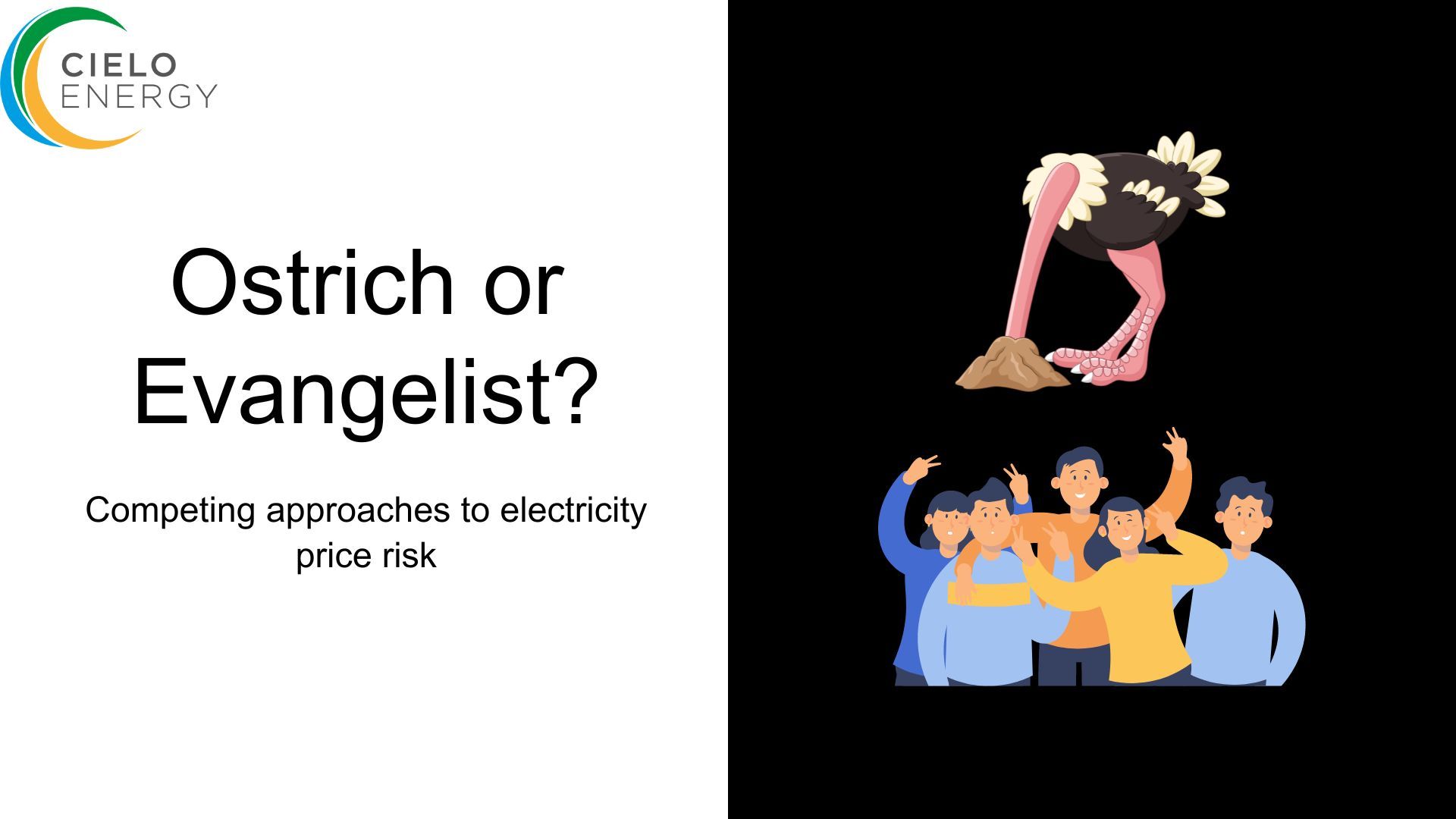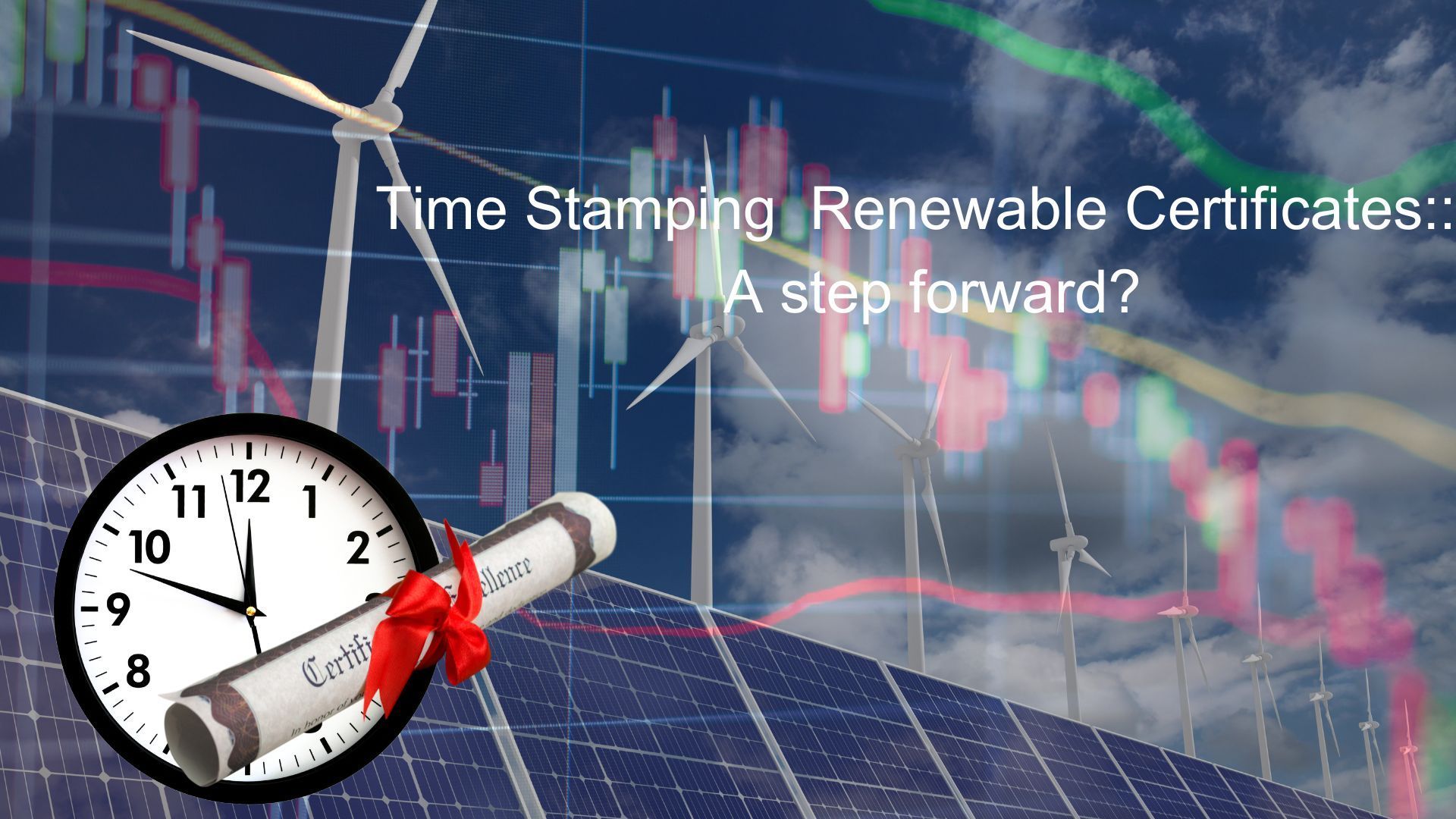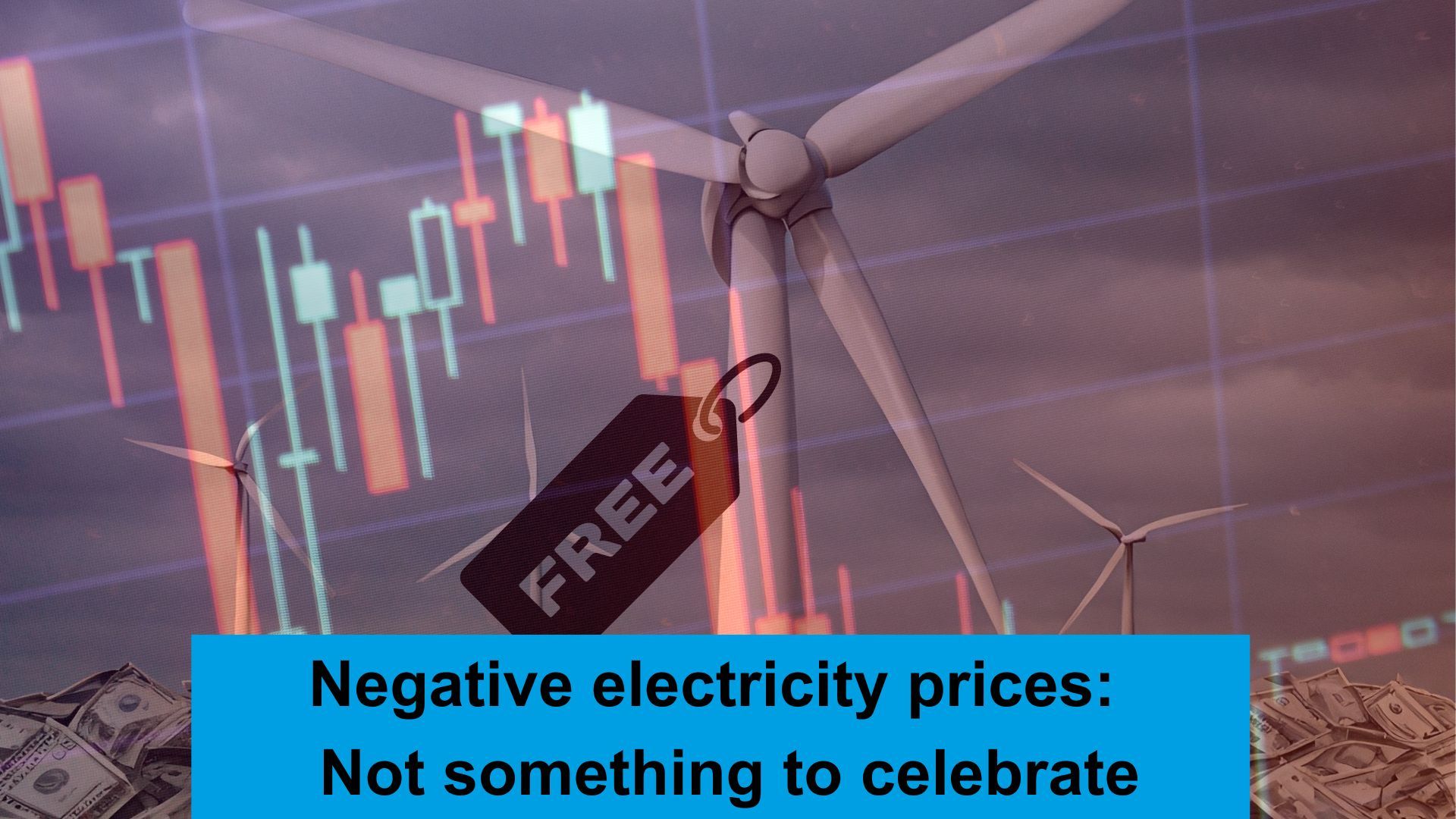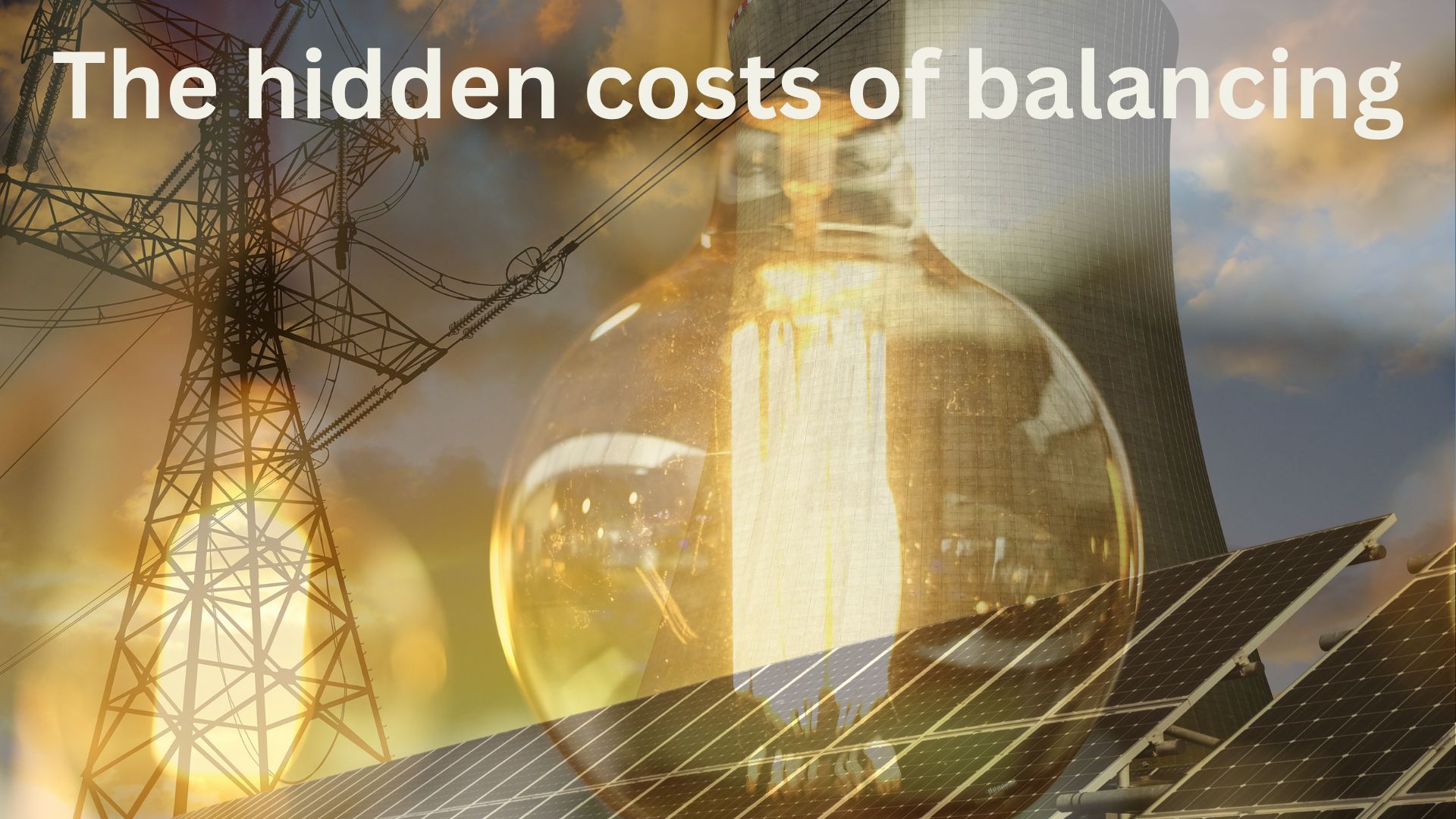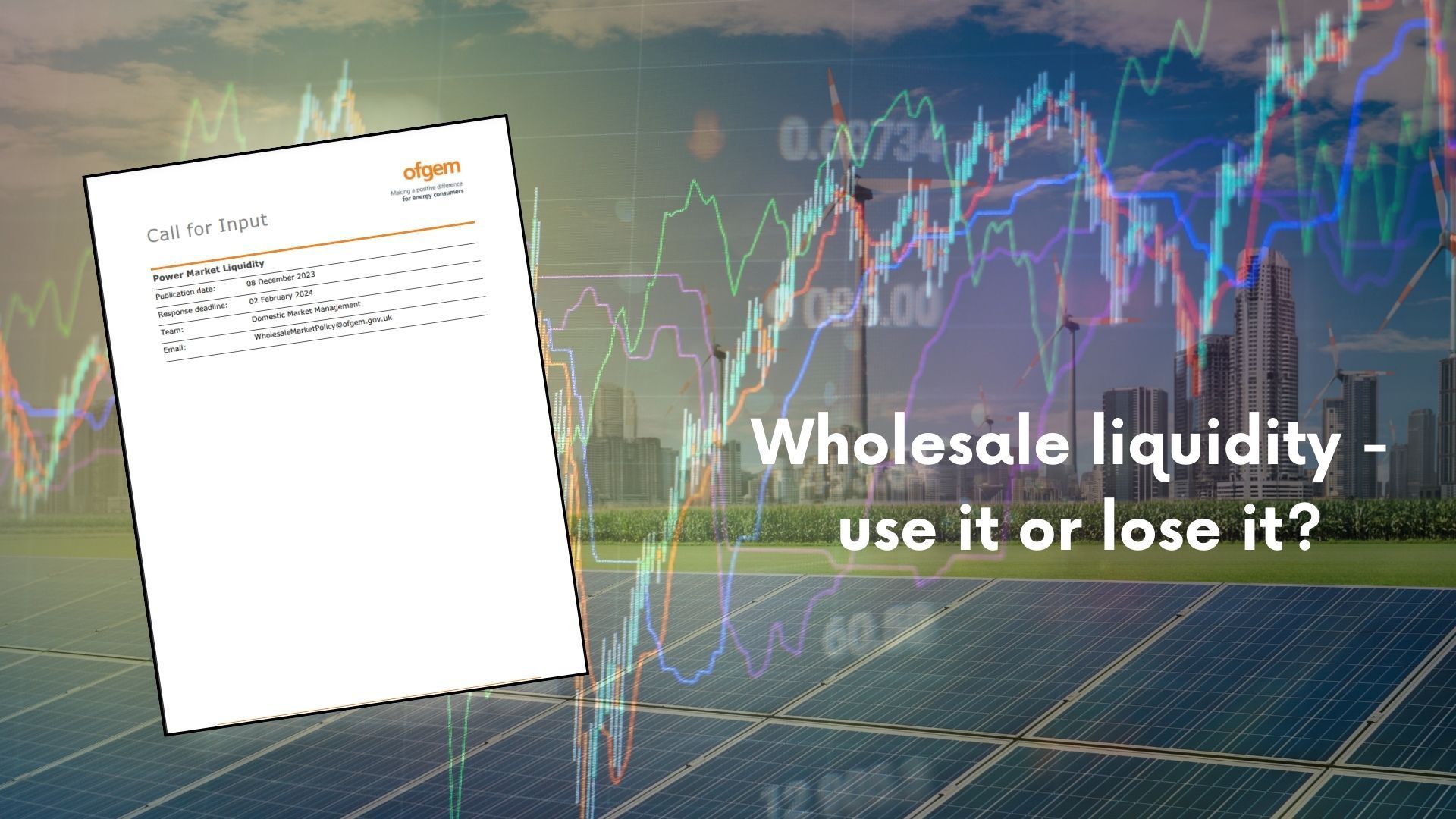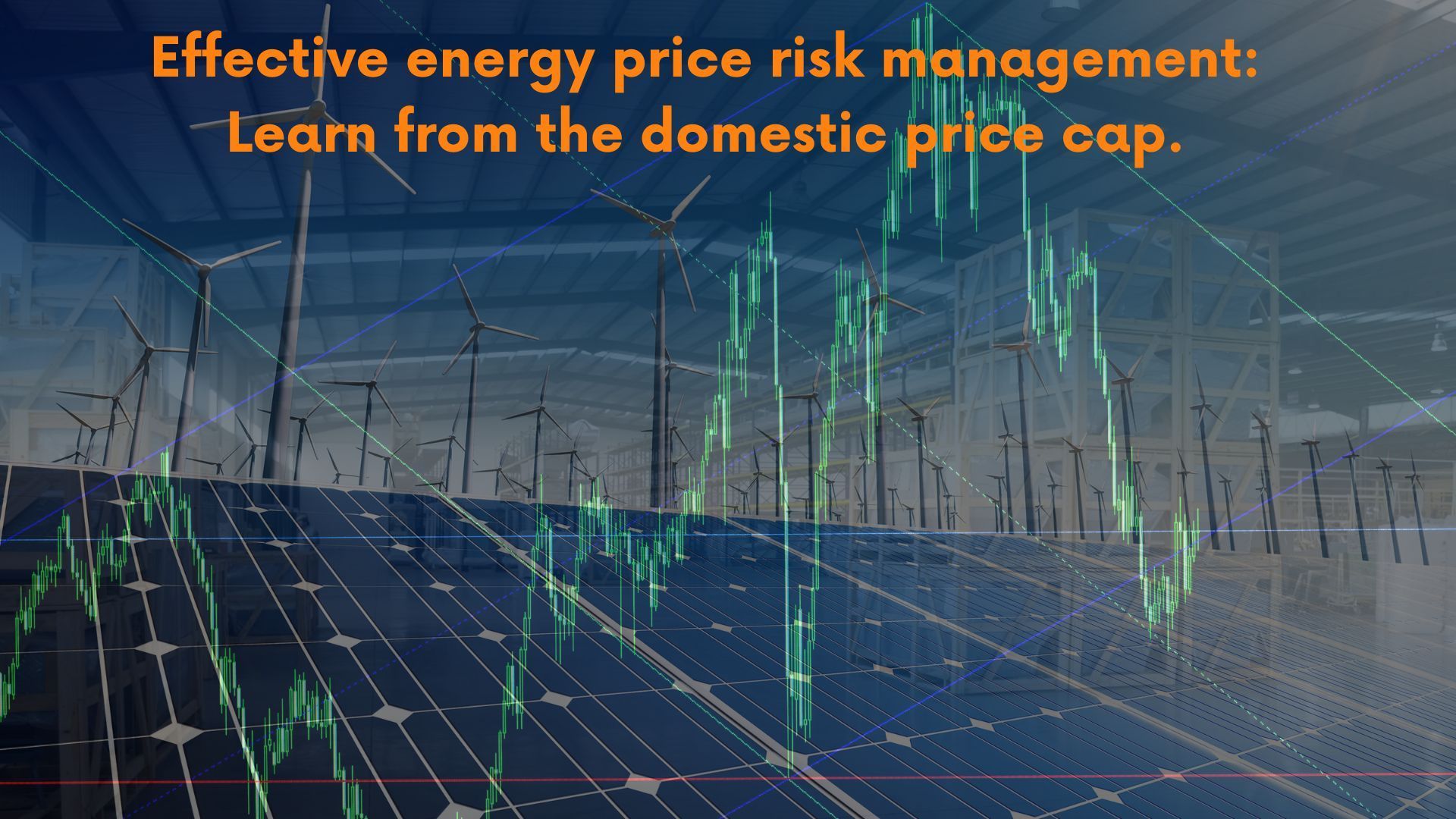Are they just different sides of the same coin?
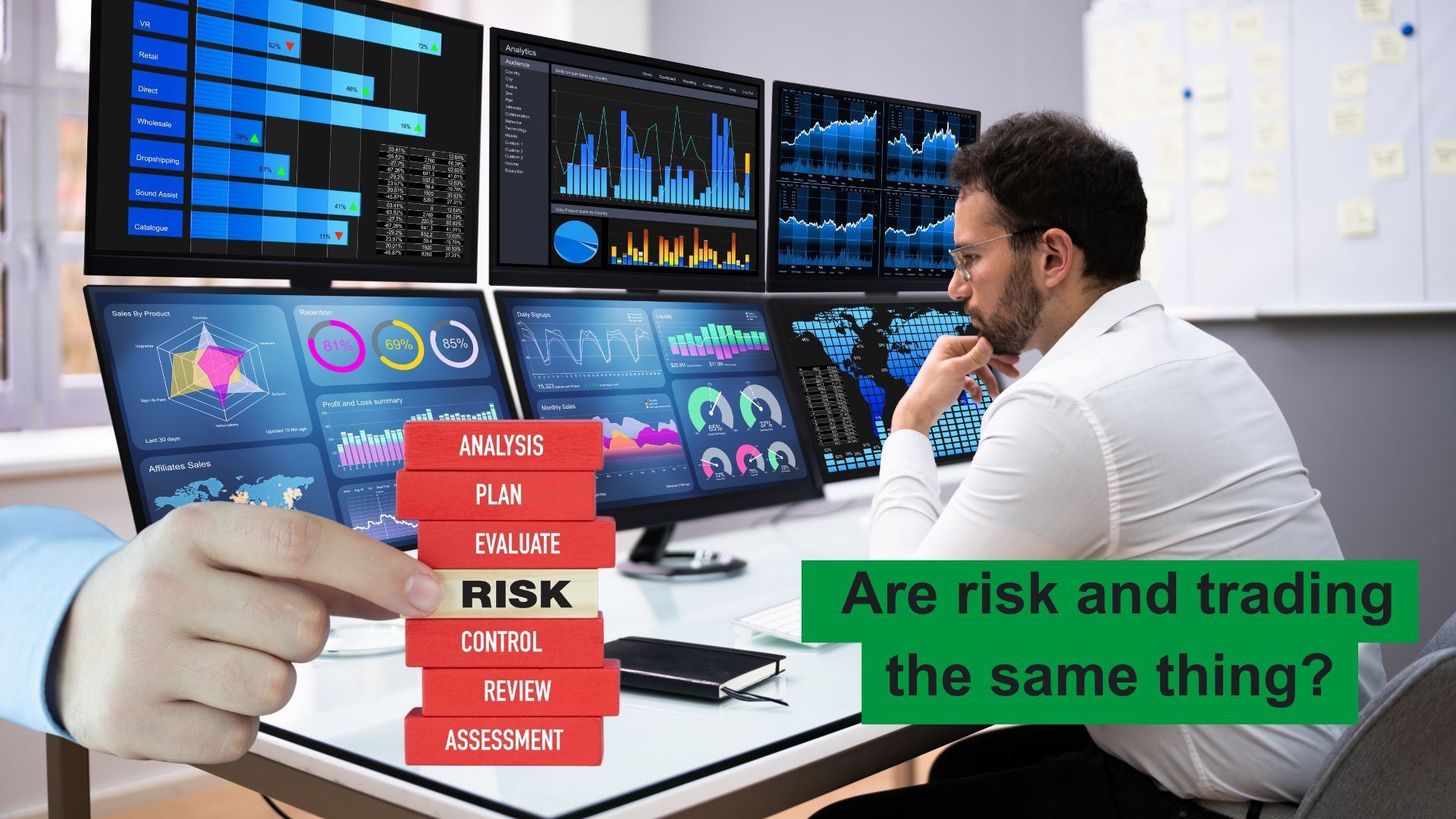
Are Risk and Trading the same thing?
Simple answer – no.
So why do so many organisations have people that are Head (or director) of Trading and Risk?
Working with multiple organisations of different sizes it has always seemed a little odd that the poacher and game keeper are the same person. Is that a recipe for success?
While there are undoubtedly skill-set cross overs between traditional risk management and trading roles – from a corporate perspective the expectation of activities should be different, and separation of duties is critical.
Trading is about seeking acceptable risks, and taking them to deliver a profit.
Risk Management is about determining what risk tyoes are acceptable and monitoring activities against an articulated rule-set.
Traders are often very good at allocating risk, but less good at structured reporting. Taking a risk capital allocation and determining how and when to use it is key, but measuring and reporting results (except maybe profit) less so. They apply their skill to the external market to find opportunities.
Risk managers are often very good at measuring risk and reporting, but less good at allocating risk capital in real time. Measuring and reporting risk do not involve determining how to use it, just how it is being used. They apply their skills to internal measurement and reporting risks, and organisational efficiency.
Sometimes its possible that organisations feel the need to have certain titles.
Sometimes it might be that they don’t have a reasonable separation of duties between taking and reporting of risks due to the organisations scale.
Sometimes there might not actually be any organisational risk taking, and the title is for external consumption.
Sometimes the business owners may not have considered structural trade-offs.
From an organisational perspective, having the same person responsible for trading and risk may be a necessity due to limited head-count – but even then some form of separation of duties is advisable.
Nobody sets out to do a bad job, but being set up for success needs a coherent organisational structure with sensible checks and balances.
If you’re thinking ahead to 2025, having the right balance of responsibilities between roles may not seem top priority – but its worth considering sooner rather than later.
Share this on social media



